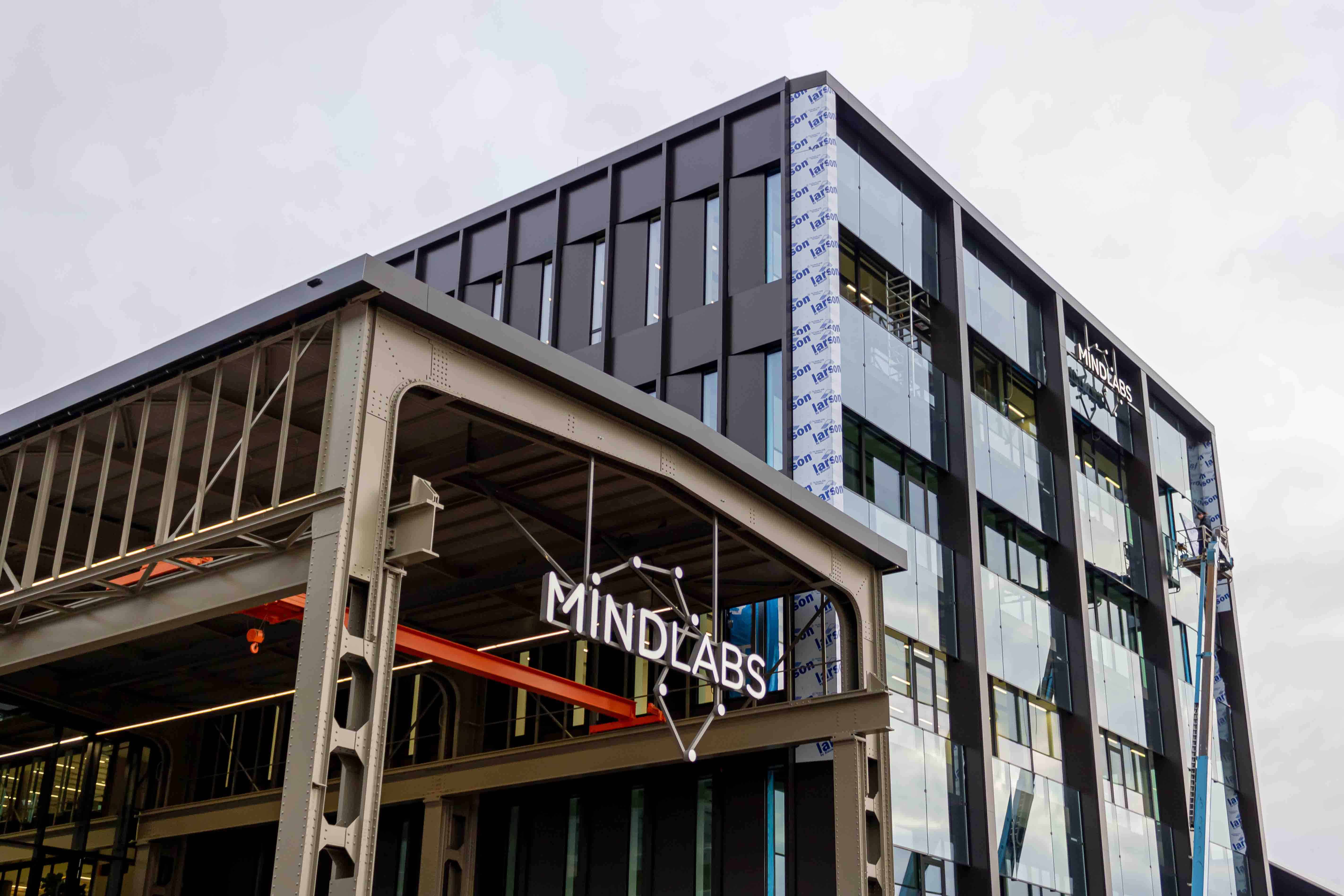
A few months ago, we coined a future with abundant – and free! – energy: “It’s just around the corner“. Because of all the comments we received on that article, we wrote another one answering the question of how humanity would deal with this abundance.
Still, we are aware that for most people, it’s hard to believe that this situation will ever arrive, let alone in our generation. But let’s not be fooled by what we can see now. Yes, we’re facing major difficulties in this era of energy transition, but the big signs that a world with limitless energy is within reach are overwhelming. In fact, two recent publications convinced us that it will be sooner rather than later. First, it’s the story of Grenoble-based start-up Renaissance Fusion’s Quest for sustainable nuclear fusion. The company aims to develop a 1-gigawatt nuclear fusion reactor by the 2030s. That’s a lot of energy. And imagine if they would build two of them. Or 2,000.
This is an article from IO Next: The Year Of… For the last magazine of this year, we selected the articles that stuck with us the most, whether it was an impressive interview, an important story or just something funny.

Why Bart selected this story for the magazine:
People are not fit to think exponentially. We know how linear developments occur and can imagine them happening in any field of expertise. But to solve the challenges of today, we need to lift ourselves above this traditional way of thinking. We need to imagine exponential progress. For example, by looking at what could happen if energy was abundant.
Then, there was Mustafa Suleyman on the ‘Possible‘ podcast. Suleyman is the co-founder and former Head of Applied AI at DeepMind. In the podcast, he made a sidestep toward nuclear fusion and solar energy. “Fusion could make energy abundant, and If energy is abundant, everything else changes. It will be highly unlikely that we will all be working, and our social structure will look totally different. Abundant energy addresses everything from water desalination to food production, to carbon capture and storage, to our educational system and healthcare, and everything in between. It is the foundational unlock that enables everything else.” Even without fusion, the trajectory of solar could serve as that game changer, he added.
So, as a followup on our first two pieces around abundant and free energy, let’s break down Mustafa Suleyman’s remarks. In what way will society actually change when energy is abundant? What about our social structure, our water supply, food, carbon capture, education, and healthcare? What else could change?
- Social Structure:
- Economic Shifts: With abundant energy, the cost of many goods and services could decrease, leading to potential economic booms. Industries that rely heavily on energy, such as manufacturing, could grow significantly.
- Reduced Inequality: Access to cheap energy could level the playing field for many developing nations, allowing them to industrialize and modernize more rapidly. Also within nations, the leveling effects could be huge.
- Work and Leisure: If energy-intensive tasks become cheaper, automation could increase, potentially reducing the need for human labor in certain sectors. This could lead to a reevaluation of work-life balance and potentially shorter work weeks. Why work 40 hours if free energy would make water and food cheaper than ever?
- Water Supply:
- Desalination: Abundant energy could make desalination processes more feasible on a large scale, providing fresh water to areas with water scarcity.
- Water Recycling: Energy-intensive water purification and recycling processes could become more common, ensuring a more sustainable water supply.
- Food:
- Vertical Farming: With ample energy, vertical farms in urban areas could become more prevalent, reducing the need for long-distance transportation of food and ensuring fresher produce.
- Aquaculture: Energy can be used to power large-scale fish farms, providing a sustainable source of protein.
- Lab-grown Meat: Abundant energy could make lab-grown meat a viable alternative to traditional livestock farming, reducing the environmental impact of meat production.
- Carbon Capture:
- Direct Air Capture: Energy-intensive processes that remove CO2 directly from the atmosphere could become economically viable, helping to combat climate change.
- Carbon-neutral Fuels: With enough energy, it’s possible to create carbon-neutral fuels by extracting CO2 from the atmosphere and converting it into fuel.
- Education:
- Global Connectivity: Abundant energy could ensure that every corner of the world has access to the internet, enabling global education initiatives and remote learning opportunities. Students could more easily move from one part of the world to another.
- Advanced Research: Energy-intensive research projects, such as large-scale simulations or experiments, could become more common, pushing the boundaries of knowledge.
- Healthcare:
- Medical Equipment: Hospitals and clinics in underserved areas could operate advanced medical equipment without concern for energy costs.
- Research and Development: Abundant energy could accelerate medical research, leading to faster drug discovery and treatment innovations.
- There’s much more…:
- Transportation: Electric vehicles could become the norm, and even energy-intensive modes of transport like flying cars or hyperloops could become realities.
- Urbanization: Cities could transform with more green spaces (as less land is needed for farming) and better infrastructure powered by clean energy.
- Space Exploration: Abundant energy could fuel ambitions for deeper space exploration and potentially colonization of other planets.
There’s a caveat
Of course, there are risks and possible setbacks – not every potential development will really occur. So while these changes sound promising, it’s essential to approach them with caution. Abundant energy could also lead to overconsumption and wastage if not managed responsibly. Moreover, the transition to a society with abundant energy would need careful planning to ensure it doesn’t lead to economic disparities or other unintended consequences.
These are all risks that can be countered, provided the will of the people. We’d better prepare wisely and not wait too long, because this world with free and abundant energy is not so far away.







